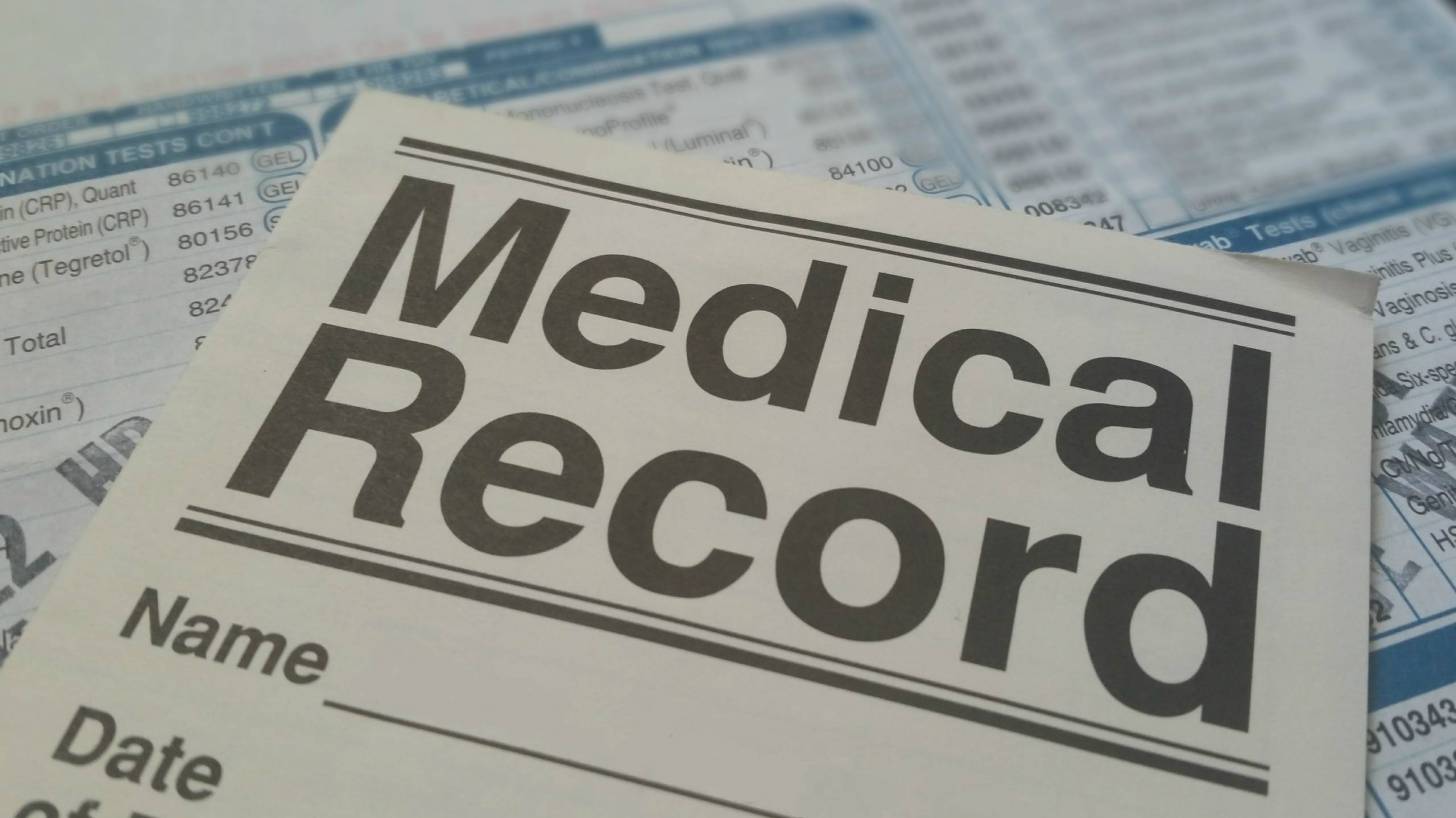CDC Turns To Tech To Increase Vaccination Rates

Although modest increases in vaccination coverage rates were observed, the overall vaccination coverage rates for adults in the United States has remained low.
The Centers for Disease Control and Prevention (CDC) estimates that the percentage of adults with 1+ vaccinations was just 25 percent in 2012, and increased to 44 percent by 2016.
Among adults, the CDC found modest vaccination increases in:
- influenza vaccination (44.8%, an increase of 1.6 percentage points),
- Tdap vaccination (23.1%, an increase of 3.1 percentage points),
- pneumococcal vaccination among adults aged 19–64 years who are at increased risk for pneumococcal disease (23.0%, an increase of 3.3 percentage points),
- zoster vaccination among adults aged 60 years or older (30.6%, an increase of 2.7 percentage points) was observed when compared with 2014
In response to the low vaccination coverage rates, the National Vaccine Advisory Committee updated the standards for adult immunization practice to promote the integration of vaccinations as a part of routine clinical care for adults.
In October 2017, the Advisory Committee on Immunization Practices (ACIP) voted to approve the Recommended Immunization Schedule for Adults Aged 19+.
The 2018 Adult Immunization schedule includes new ACIP recommendations on the use of recombinant zoster vaccine (RZV) for adults aged 50+ years and the use of an additional dose of measles, mumps, and rubella vaccine (MMR) in a mumps outbreak setting.
The standards for adult immunization practice is a call to action for healthcare providers to:
- assess the vaccination status of adult patients at every clinical encounter,
- strongly recommend needed vaccines to patients,
- offer vaccines recommended to patients (providers who do not stock vaccines should refer patients to another provider or pharmacist who stocks and administers vaccines),
- document vaccines administered in the state or local immunization information system (IIS).
At the systems level, healthcare providers and pharmacists have difficulties ascertaining which vaccines their adult patients need because of incomplete vaccination records.
The IIS standard is the framework with which healthcare providers are encouraged to implement specific evidence-based strategies to improve the uptake of vaccines by their adult patients.
This framework includes designing patient flow to include immunization services, recommending and offering vaccines during the same clinical visit, utilizing standing orders to routinely administer vaccines, and using the IIS to document patient vaccination records and to assess their vaccination status.
Also known as vaccination registries, IIS are confidential, electronic systems that collect and consolidate vaccination data from vaccination service providers.
“Integrating immunization-related software capabilities based on workflow and usability principles within EHRs and other clinical software can lead to improved clinical and patient decision-making,” said Joyce Sensmeier MS, RN-BC, CPHIMS, FHIMSS, FAAN Vice President Informatics, HIMSS North America.
“The HIMSS Immunization Integration Program (IIP) was developed to advance the integration of immunization-related capabilities within EHRs and other clinical software.”
“We believe that the widespread adoption of immunization-related capabilities across EHRs will not only support better care but also result in better health outcomes,” said Sensmeier.
When automated and interoperable with electronic health record (EHR) systems, IIS can lend clinical decision support for the provider, generate reminders for providers, create notifications for patients, generate vaccination data reports for individual patients or groups of patients, help manage vaccine inventories, and other vaccination activities.
Immunization programs in all states and municipalities have the authority to collect vaccination records for all age groups (“lifelong IIS”), except Rhode Island and Connecticut, where IIS is limited to vaccination records for children.
Historically, vaccination records for adults are often scattered, incomplete, and difficult to keep up to date.
Consolidated adult vaccination records maintained in IIS would, therefore, play an important role in providing point-of-care clinical support for health care providers for adults.
Healthcare providers and state immunization programs increasingly depend on technology to updated vaccination records. IIS is an underused tool for primary care providers and pharmacists.
The use of IIS is a proven systematic approach that can help healthcare providers make efficient and effective decisions on vaccinating their adult patients.
The 2018 adult immunization schedule has also been approved by the American College of Physicians, the American Academy of Family Physicians, the American College of Obstetricians and Gynecologists, and the American College of Nurse-Midwives.
The 2018 adult immunization schedule summarizes ACIP recommendations and can be found at Immunization Schedules. The full ACIP recommendations for each vaccine is available at Vaccine Recommendations and Guidelines of the ACIP.
ACIP Adult Immunization Work Group. Work Group Chair: Laura E. Riley, MD.
Our Trust Standards: Medical Advisory Committee

